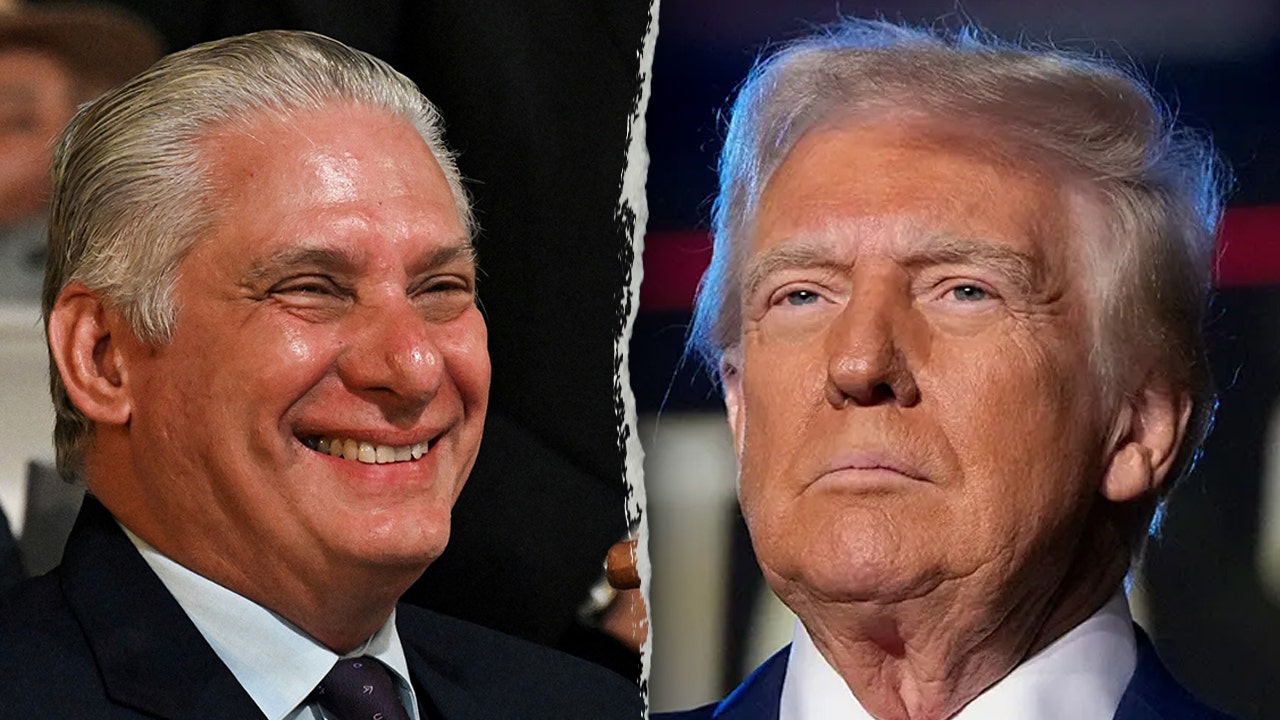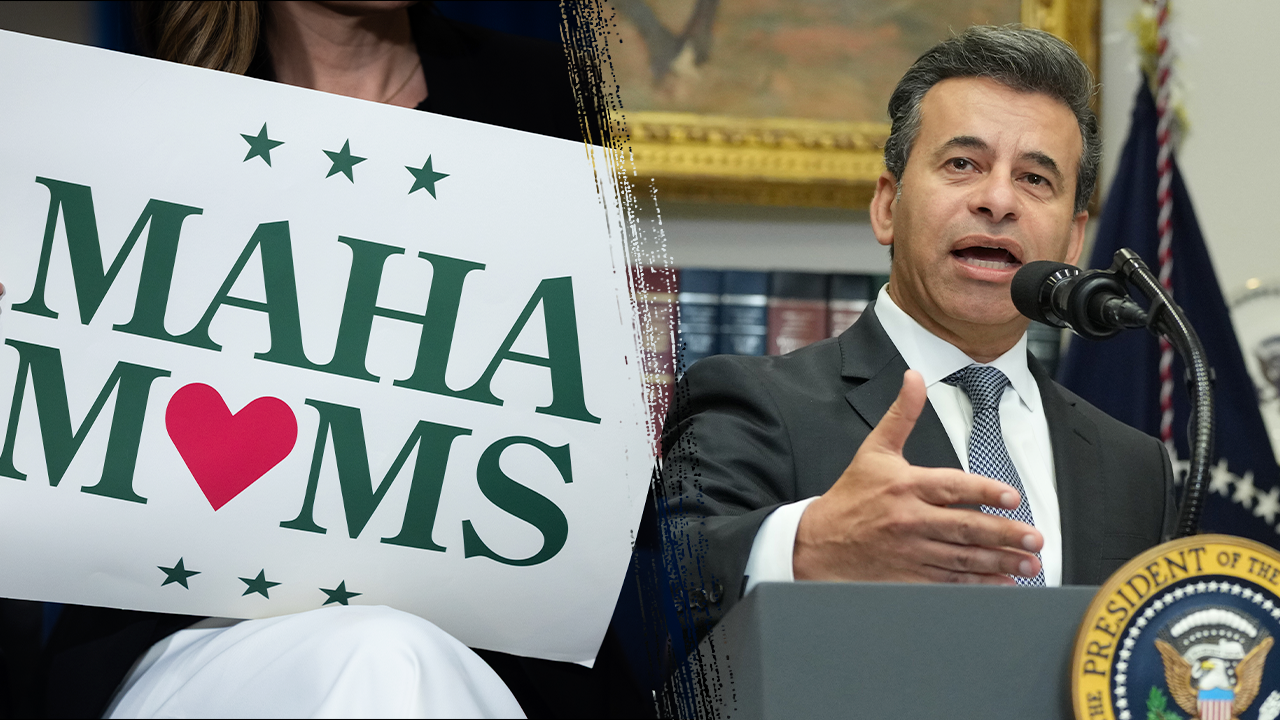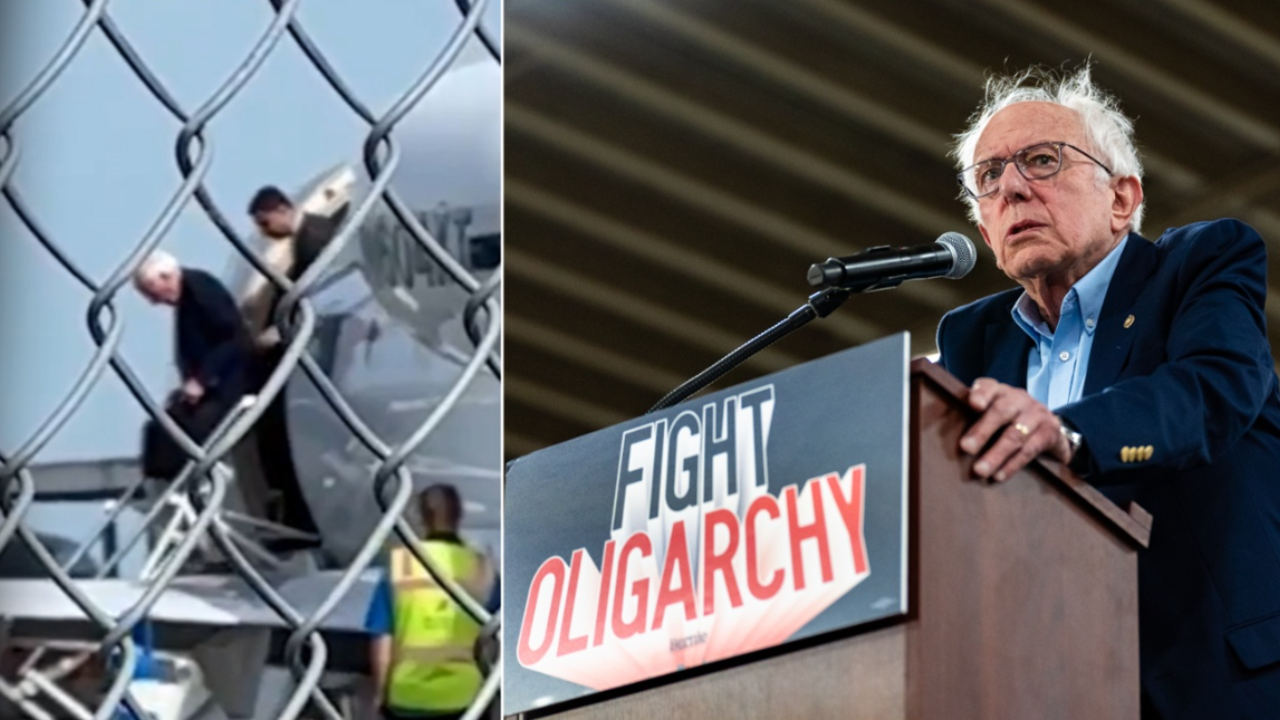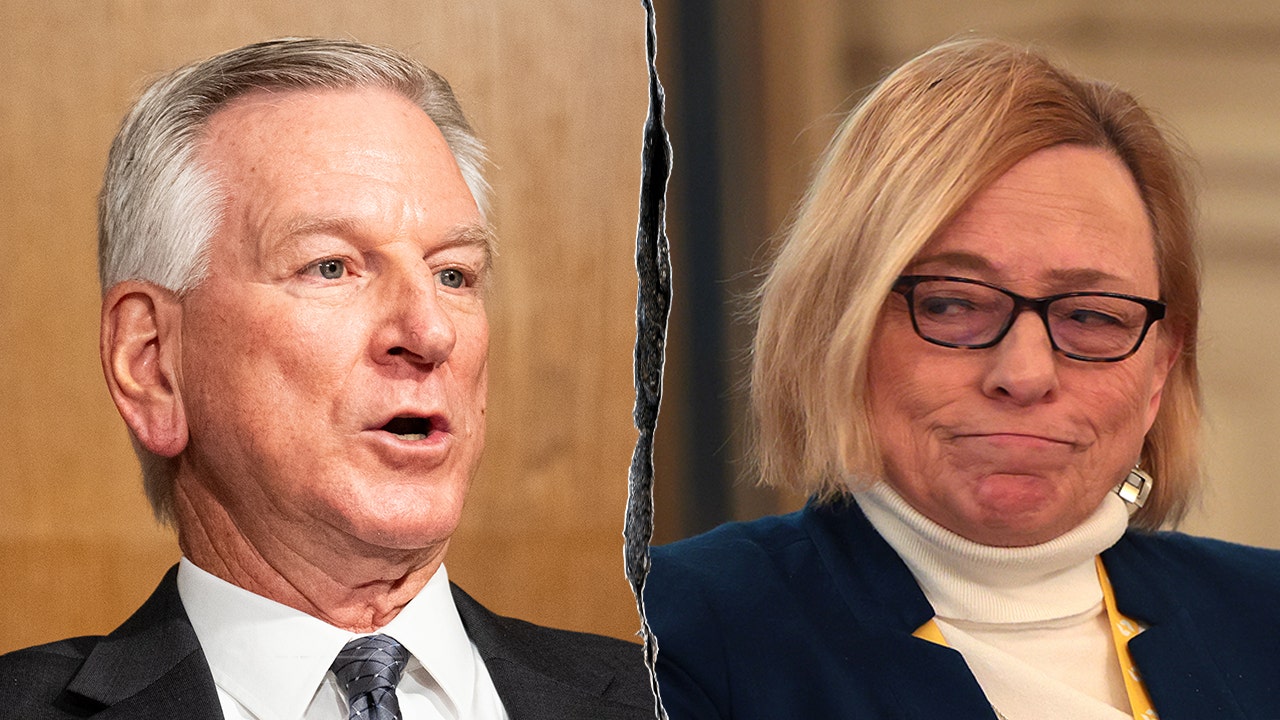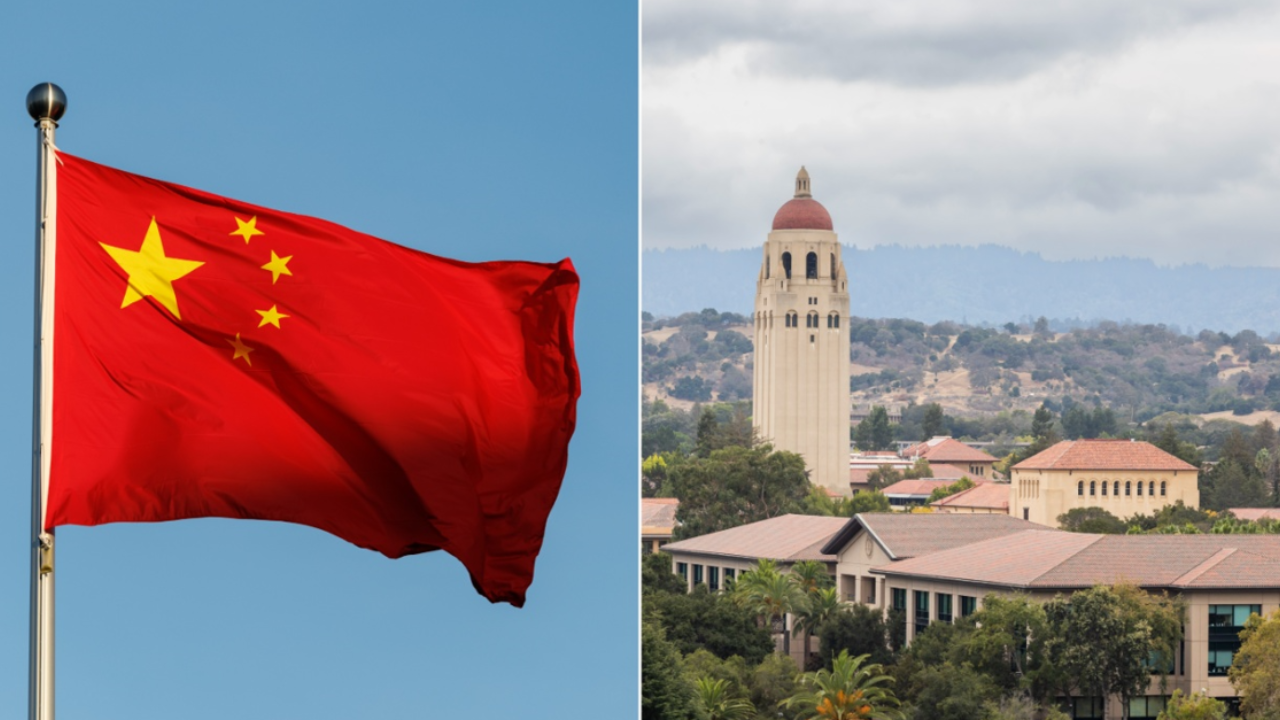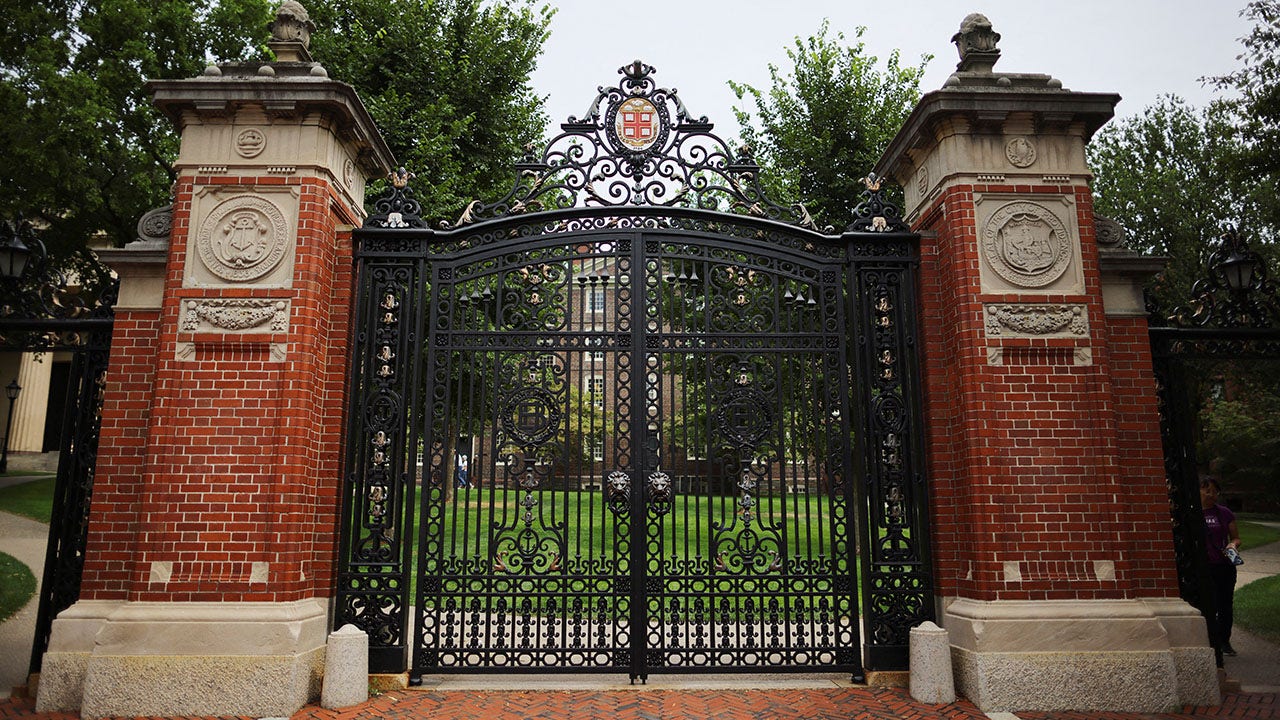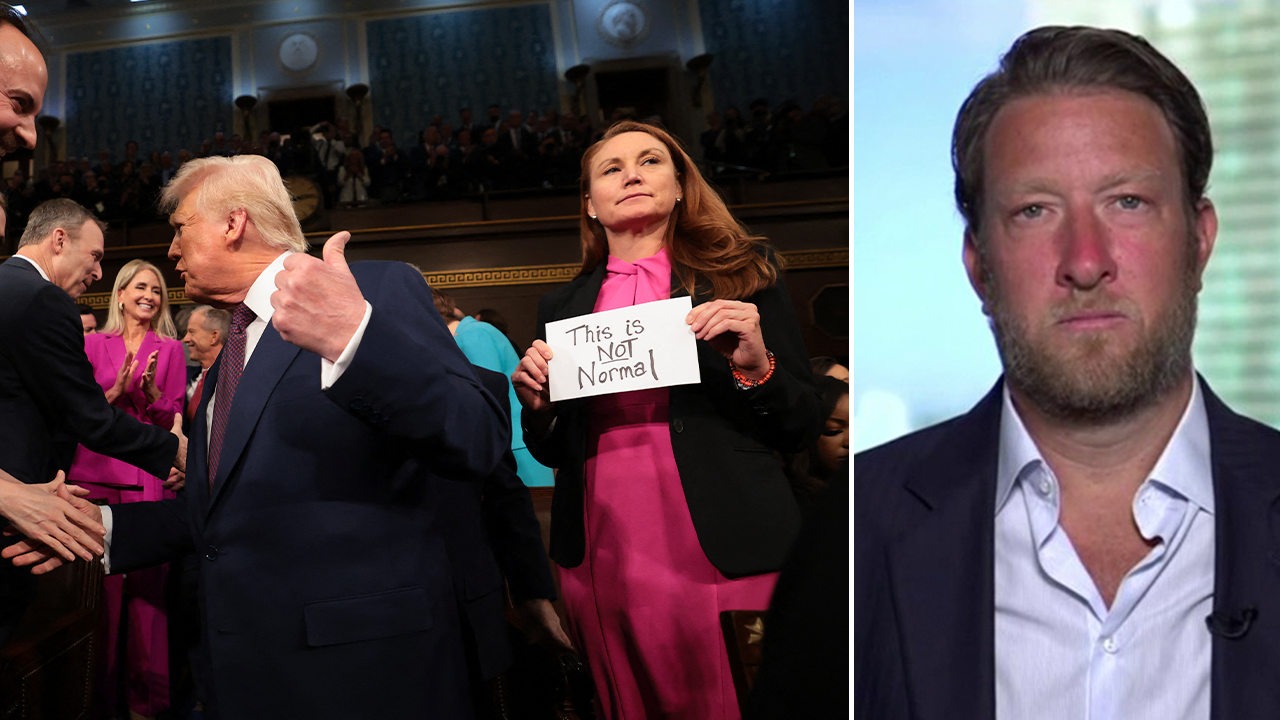NEWYou can now listen to Fox News articles!
Across rural America, farmers are no strangers to uncertainty. They navigate droughts, floods, fluctuating market prices, and soaring input costs. But this year, the storm isn’t coming from the skies — it’s coming from Washington.
In just a few short months, we've watched DOGE undermine contracts with farm communities and slash funding from the programs that keep rural America running. President Trump has only deepened the chaos with his ill-fated blanket tariff-by-tweet regime—on-again, off-again tariff chaos that leaves farmers unable to plan, plant, or price with any certainty. And instead of standing up for those who feed and fuel this country, Congressional Republicans have doubled down by proposing billions in cuts to essential Farm Bill programs and nutrition assistance like SNAP.
Tariffs are already squeezing farmers hard. The cost of fertilizer, equipment, and fuel is going up. Export markets are evaporating as other countries retaliate. And here at home, consumers are tightening their belts, spending less at the grocery store as their disposable incomes shrink under the weight of rising prices. Farmers are being hit on every side — higher costs, lower income, and vanishing customers. It’s no surprise that farm bankruptcies are up 55 percent.
SEN RAND PAUL: TERMINATE THE TRUMP TARIFFS BEFORE IT'S TOO LATE
We’ve seen this story before, because we’ve seen Trump’s agenda before. Farm bankruptcies soared during the last Trump presidency. And the dirty little secret is that we didn’t win Trump’s last trade war – Brazil did. China found a new, permanent source of exports from South America. And even after the trade war ended, our market share never recovered. Brazil is now the world’s largest exporter of soy, beef, and chicken meat—and is expected to ship even more to China this year. Trump’s last trade war didn’t just rattle markets—it leveled farm country.
Even after the headlines moved on, rural communities were left to sift through the wreckage, rebuilding from losses that many will never fully recover. This time will be no different. When foreign demand dries up because of trade retaliation — or when American-made tractors cost more because of new import duties— the economics of family farming collapse. And when farms go under, the towns and communities that depend on them suffer too.
But tariff pain doesn’t stop at the farm gate. It travels all the way through the food supply chain to the dinner plate.
New tariffs are set to cost the average American household nearly $4,000 a year. Families already struggling to make ends meet are now facing rising food prices and fewer options. And at the same time, Washington is pulling back the programs that help close the gap.
Last month, the Trump administration clawed back $1 billion in federal funding for nutrition programs, including the Local Food for Schools Cooperative, which channels farm goods to school cafeterias. That means less fresh produce for kids and fewer purchases from regional farms.
Meanwhile, Congress is proposing deep cuts to SNAP, the program that helps 40 million Americans put food on the table and supports farm income in the process.
SNAP isn’t just a lifeline for hungry families. It’s an engine of economic activity. Every $1 spent through SNAP generates about $1.50 in economic output, output that ripples back up the supply chain from grocery stores and trucking companies to rural farms and food producers. Gutting SNAP means pulling money out of grocery stores, out of local economies, and out of the hands of those who need it most.
These decisions aren’t hurting folks in the Beltway. They’re hurting families on Michigan cherry farms, in Ohio corn country, and on soybean farms in Iowa.
And they’re happening under the false banner of fiscal responsibility — when in reality, they’re shifting the burden from the wealthy and well-connected onto those least able to absorb it.
It’s easy to score political points with tough talk on trade. It’s a lot harder to look a 3rd generation soybean farmer in the eye and explain why they’re going bankrupt — or tell a rural school why their cafeteria trays are empty. Trade policy should be grounded in strategy, not symbolism. It should be informed by the people who live with the consequences — not by politicians chasing headlines.
CLICK HERE FOR MORE FOX NEWS OPINION
Farmers never ask for special treatment. They ask for stable rules, open markets, and a level playing field. They want to plan for the next season — and the next generation — without being caught in the crossfire of political posturing.
President Trump needs to understand: tariffs, program cuts, and food policy aren’t abstract budget lines. They are forces that shape real lives — from the farm gate to the dinner plate.
CLICK HERE TO GET THE FOX NEWS APP
The question we should be asking right now isn’t just what Washington is cutting — but who is paying the price.
Because from where I’m standing, it’s our farmers – and all of us who rely on them.
Democratic Congresswoman Shontel Brown is vice ranking member of the House Committee on Agriculture and represents Ohio's 11th congressional district.


